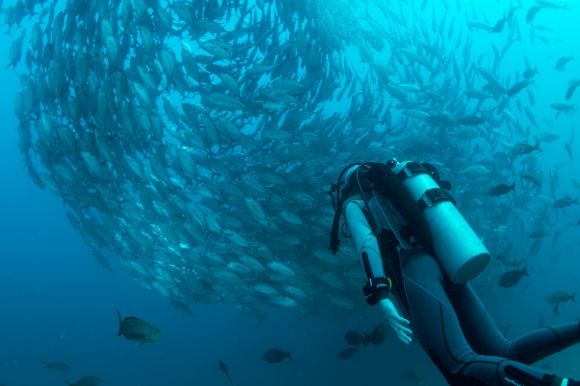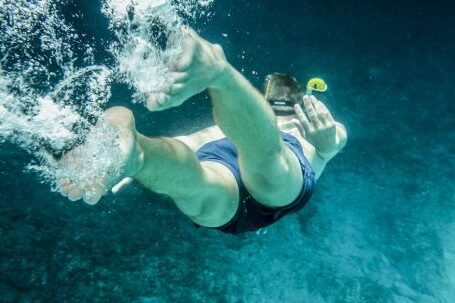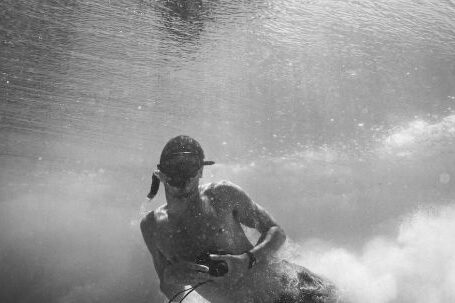Diving is a popular recreational activity enjoyed by people all over the world. Whether you are a seasoned diver or just starting out, it is important to be aware of the regulations and permits that govern diving in different countries. This article will provide a global overview of diving regulations and permits, highlighting some of the key requirements and restrictions divers may encounter.
Safety First: The Importance of Diving Regulations
Diving regulations are in place to ensure the safety of divers and protect the marine environment. These regulations typically cover areas such as diver certification, equipment standards, dive planning, and environmental protection. Adhering to these regulations is not only crucial for the safety of divers, but also for the preservation of delicate marine ecosystems.
Diving Regulations in Popular Destinations
1. United States: In the United States, diving regulations are primarily enforced by the National Oceanic and Atmospheric Administration (NOAA). Divers must have a valid certification from a recognized diving organization and follow guidelines for dive planning and safety. Certain areas, such as national marine sanctuaries, may have additional restrictions or permit requirements.
2. Australia: Australia has strict diving regulations in place to protect its diverse marine life. Divers are required to have a certification from a recognized organization and may need a permit to dive in certain protected areas, such as the Great Barrier Reef Marine Park. Additionally, dive operators must follow guidelines for environmental sustainability and responsible diving practices.
3. Egypt: Egypt is a popular destination for diving enthusiasts, particularly the Red Sea region. Divers in Egypt must have a valid certification and may be required to obtain a diving permit. Permits are typically obtained through dive operators or local authorities and are necessary to dive in marine protected areas.
4. Thailand: Thailand is known for its stunning diving sites, such as the Similan Islands. Divers visiting Thailand must have a valid certification and may need to obtain a diving permit, depending on the location. Some areas, including marine national parks, have strict regulations to protect the fragile coral reefs and marine life.
5. Maldives: The Maldives is a tropical paradise for divers, with its clear waters and vibrant coral reefs. Divers in the Maldives must have a valid certification and may need to obtain a diving permit from the Ministry of Fisheries and Agriculture. Additionally, certain protected areas have specific regulations to ensure the conservation of marine biodiversity.
Navigating Diving Permits
Obtaining diving permits can sometimes be a complex process, especially in countries with stringent regulations. It is important to plan ahead and research the requirements for the specific diving destination. Dive operators and local authorities can provide guidance on the necessary permits and assist with the application process.
It is also crucial for divers to be aware of the environmental impact of their activities. Responsible diving practices, such as not touching or damaging coral reefs, avoiding marine life disturbance, and properly disposing of waste, are essential for preserving the underwater world for future generations.
In conclusion, diving regulations and permits vary across different countries and destinations. It is essential for divers to familiarize themselves with the regulations and obtain any necessary permits before embarking on a diving adventure. By adhering to these regulations and practicing responsible diving, divers can ensure their safety and contribute to the conservation of marine ecosystems. So, before you dive in, make sure you are well-informed and prepared for a memorable and responsible underwater experience.





